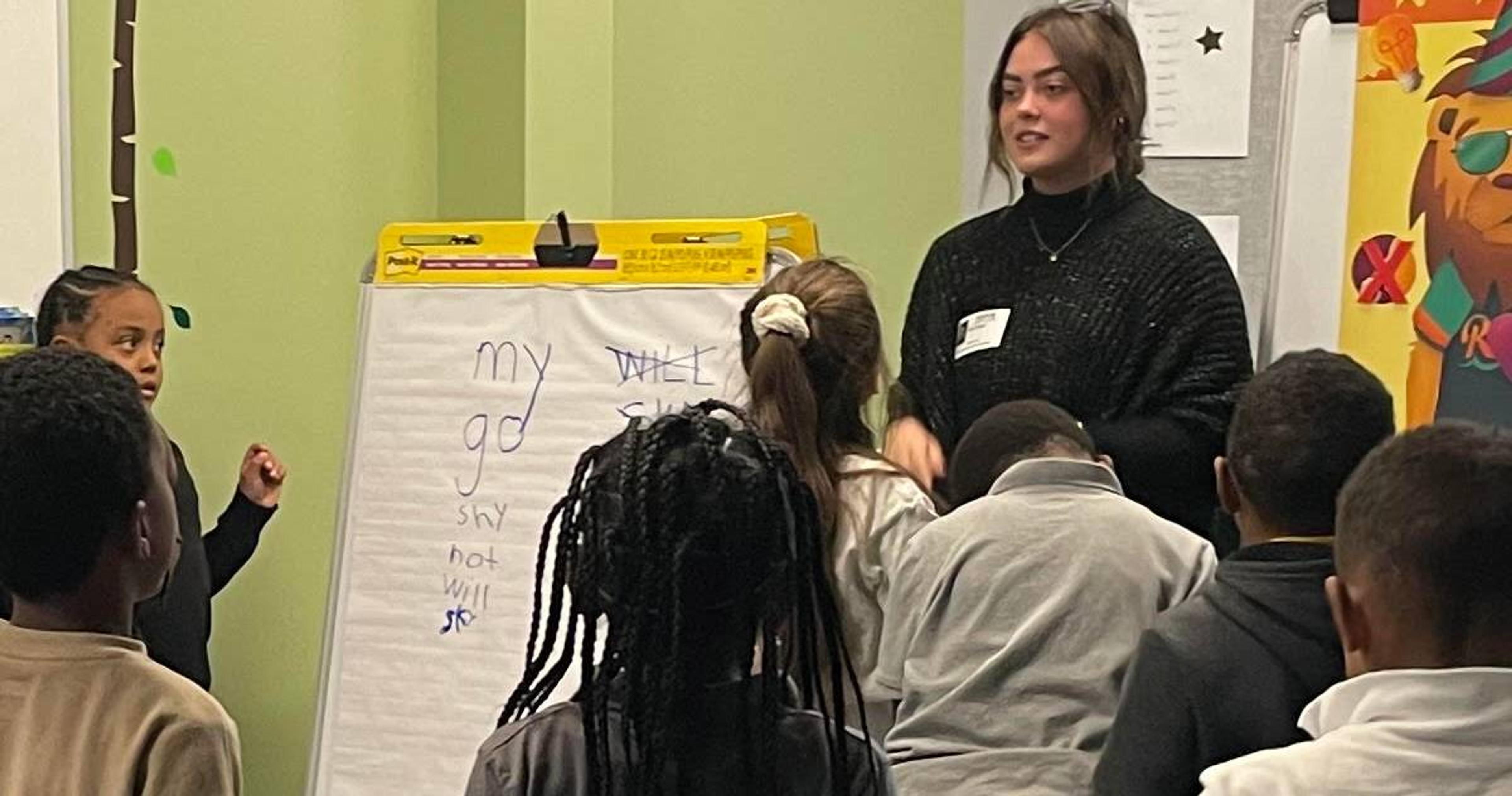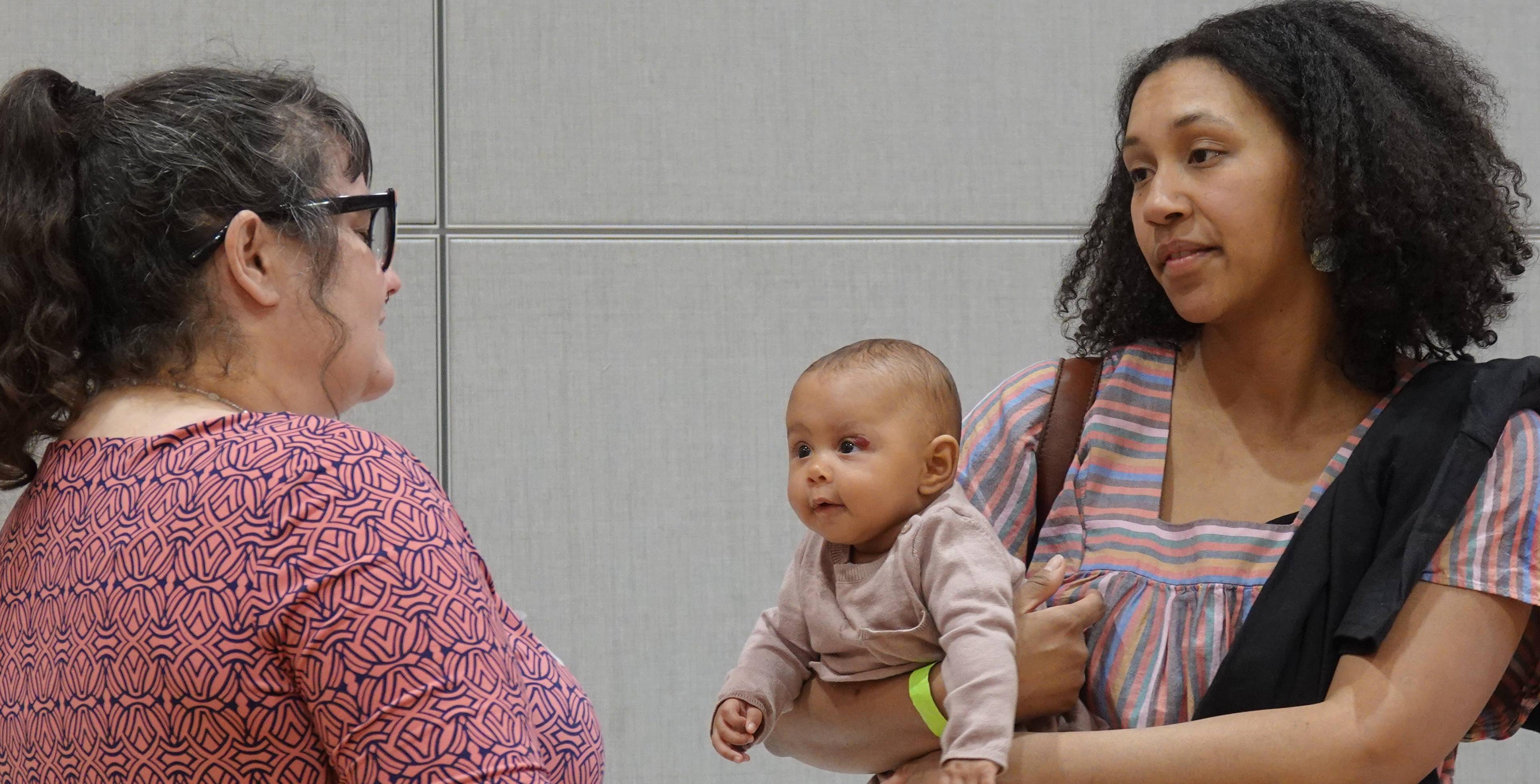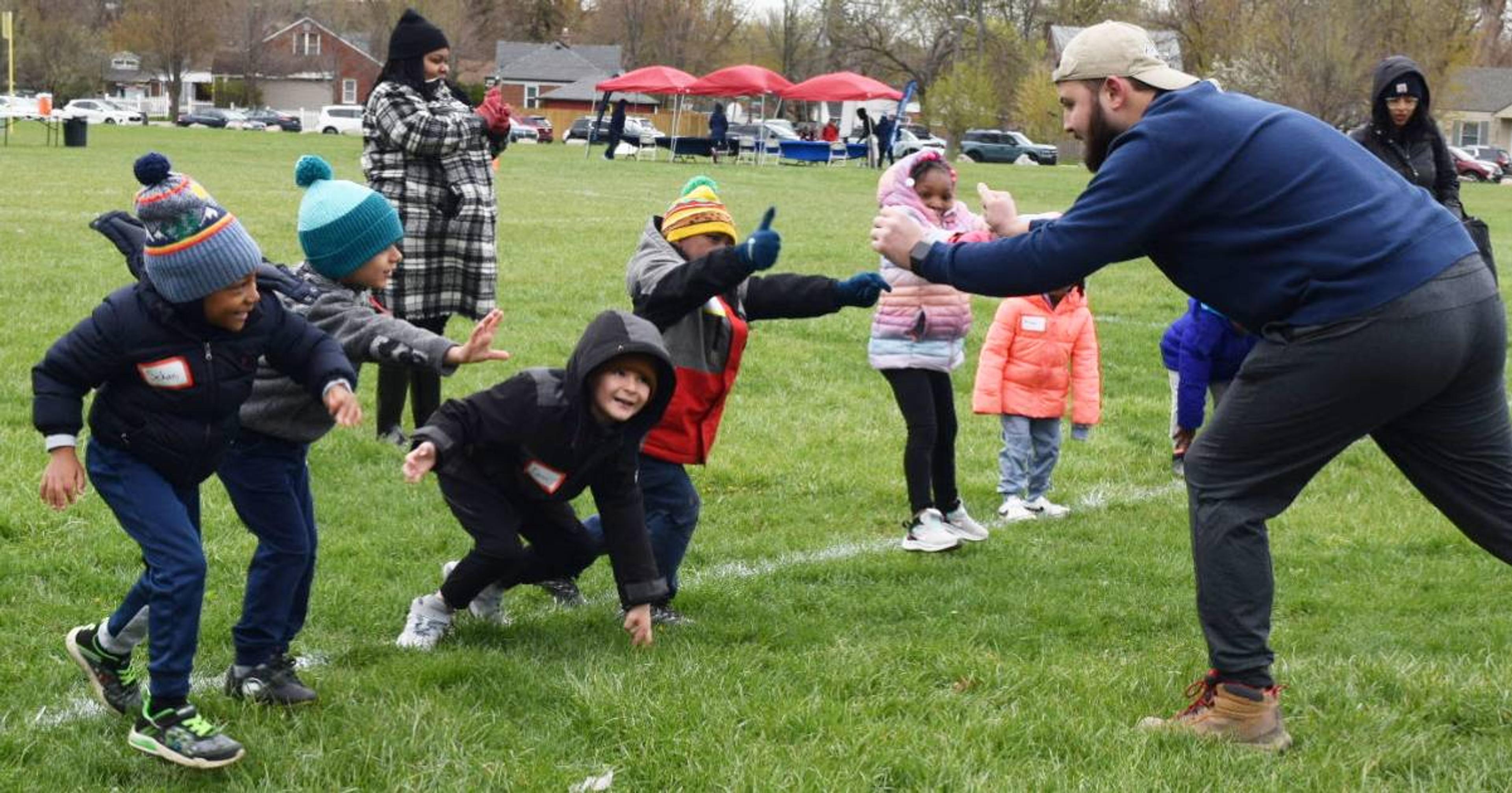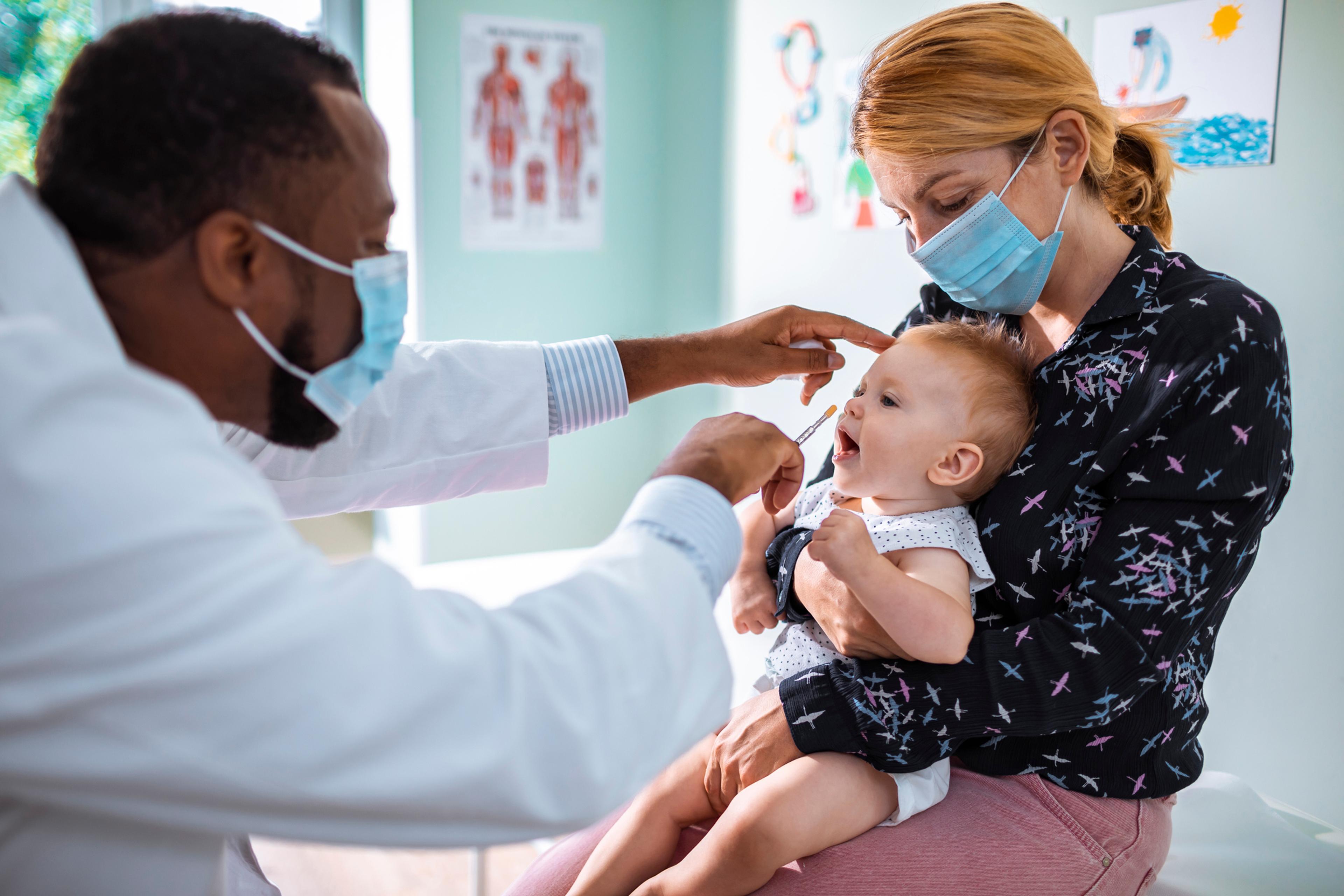"Our Youth Are Our Future:" BCBSM Foundation, Funding Partners Invest Nearly $1M in Michigan Youth Mental Health Programs in 2023
Jake Newby
| 5 min read

Even before the COVID-19 pandemic, a children’s mental health crisis was bubbling in the United States.
Between 2009 and 2019, the U.S Centers for Disease Control and Prevention’s (CDC) Youth Risk Behavior Surveillance System found that feelings of persistent sadness, hopelessness and suicidal thoughts and behaviors had increased by nearly 40% among children and teenagers.
Concerns like social media, climate change, mass violence, natural disasters and politics attributed to the uptick. Then, when the pandemic hit in early 2020, young people faced unique challenges like social isolation, the loss of loved ones to COVID-19, the loss of employment in the family and an unprecedent academic disruption.
As the country looks to federal and state policymakers to invest more heavily in youth mental health care, Blue Cross Blue Shield is taking action in communities all over the U.S. In Michigan, the Blue Cross Blue Shield of Michigan (BCBSM) Foundation and its funding partners awarded more than $915,000 in youth mental health grants.
From the southern tip of Michigan to the Upper Peninsula and everywhere in between, these organizations dedicated their time and resources to improving access to mental health treatment among young people in Michigan. These innovative programs are designed to reverse the negative trend we’ve seen over the past decade-plus. One of the largest youth mental health initiatives is a funding partnership between the Foundation, the Superior Health Foundation and the Michigan Health Endowment Fund (MHEF).

“The Superior Health Foundation is very cognizant of the mental health issues facing our youth,” said Executive Director of the Superior Health Foundation Jim LaJoie. “To that end, we made funding pediatric mental health as our proactive grant-giving initiative for 2023 and 2024. It is that critical of an issue. Together, with other funding partners, we are dedicating more than $1.2 million to these efforts. Our youth are our future, and we are blessed to be able to provide critical funding to ensure our children are getting the services and treatment they need.”
It’s no secret that access to good mental health is an essential ingredient for giving kids the opportunity to live healthy, happy lives,” said Michigan Health Endowment Fund CEO Neel Hajra. “To be successful, we must invest in the mental health supports that our kids urgently need in all the places where they live, learn, and engage. This means working together to find creative solutions and maximize the strengths of our communities — no one can do it alone. That’s what makes our work with the BCBSM Foundation and our partners in the UP so exciting and so important.”
Still a long way to go: 2024 and beyond will bring continued challenges in mitigating the youth mental health crisis
Efforts of the Foundation and its partners to fund the above list of innovative programs are so crucial because of a lack of in-care access, not only in Michigan but across the entire country. The U.S. is mired in a shortage of mental and behavioral health practitioners who are trained to meet children’s unique needs is further impacting young people’s ability to access timely care. Pediatricians have become front-line mental health workers as a direct result of the shortage.
According to a recent survey of nearly 2,800 patients, 69% of kids and teens who sought mental health or substance use care between 2019 and 2022 did not receive it on at least one occasion.
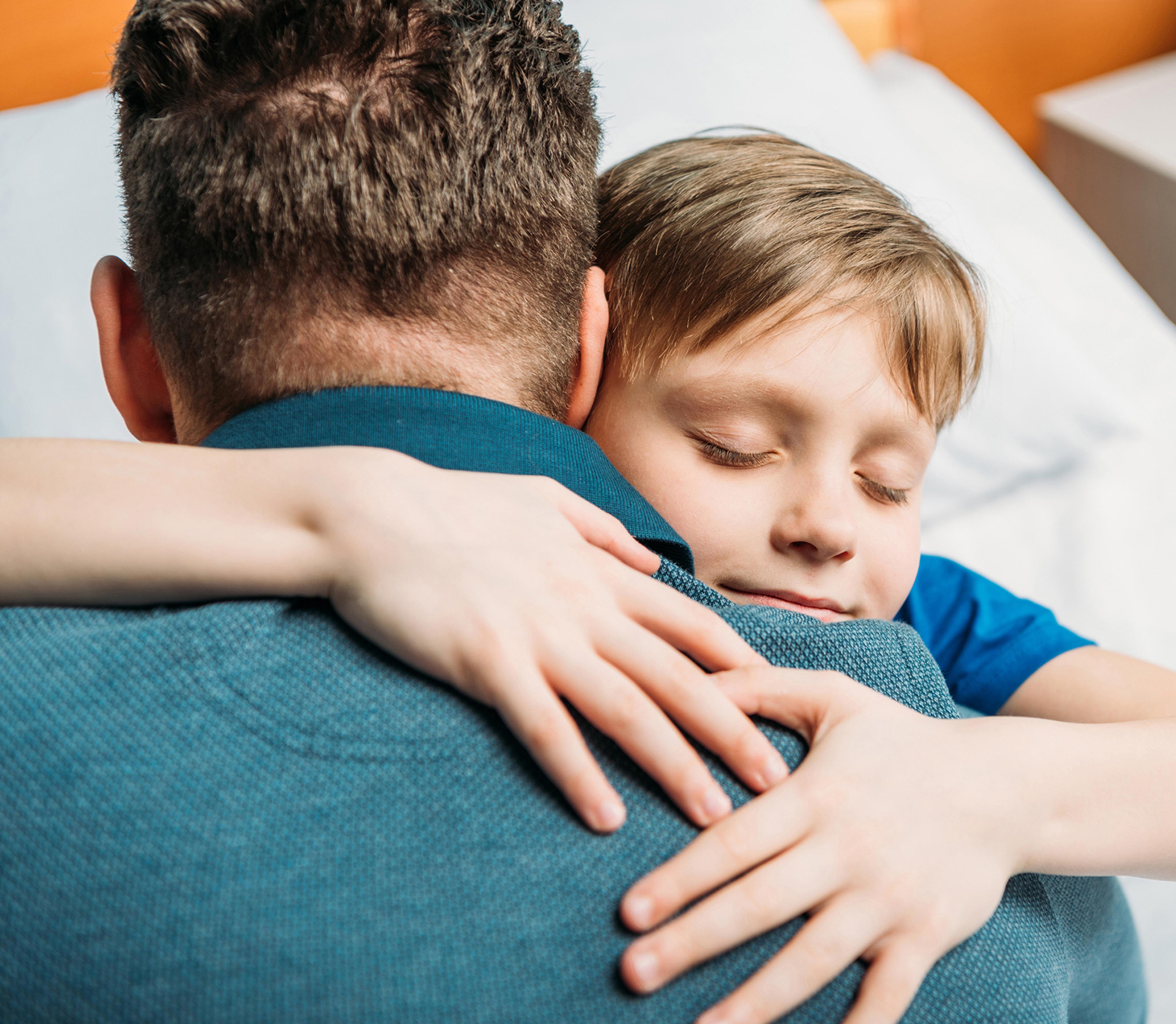
“Families routinely face long wait times for appointments and sometimes must travel long distances to find care," said Audrey Harvey, Executive Director and CEO Blue Cross Blue Shield of Michigan Foundation. "These barriers can prevent adolescents from receiving treatment, leading to the current youth mental health crisis that the BCBSM Foundation is doing everything in its power to help combat.”
While these issues won’t just disappear overnight, BCBSM is working to address them. BCBSM Medical Director Dr. Kristyn Gregory acknowledged the importance of partnerships like the ones created and nourished in the past year, all toward one common goal of giving the young people of today a better tomorrow.
“Even prior to the pandemic, youth in Michigan and across the country have been in the midst of a mental health crisis which has grown more serious post pandemic,” Dr. Gregory said. “Mental health is just as important as physical health, and this crisis is not something which can be solved by one state or agency acting on its own. It requires partnerships to fulfill the aim of increased awareness and reduced stigma, provide education to educators and caregivers, ensure access to affordable quality treatment and care, and focus on prevention and resiliency.”
How 2023 youth mental health grant recipients furthered their initiatives
The below list of Michigan nonprofits received grants in the past year, awarded by the Foundation and its funding partners. *Grants co-funded with the Superior Health Foundation and Michigan Health Endowment Fund through the “2023-2024 Pediatric Mental Health Program.”
Catholic Social Services of The U.P. – $70,194*:
Toward improved access to mental health treatment for young people.
Child & Family Services of Northwestern Michigan, Inc. – $10,000:
Toward providing access to mental health service.
Great Lakes Recovery Centers, Inc. – $160,000*:
Toward increased access to mental health treatment.
Leaders Advancing and Helping Communities (LAHC) – $20,000:
To help young people “reduce depression, stress, and anxiety; recover basic motor functioning and reasoning abilities; build confidence; and socialize effectively.”
Marquette-Alger Regional Educational Service Agency – $24,492*:
Pilot a school-based universal mental health screening program.
Marquette-Alger Regional Educational Service Agency – $46,000*:
Toward the expansion of the Youth Wellness Task Force.
Michigan State University College of Human Medicine – $389,237*:
Toward the creation of the Upper Peninsula Training and Enhanced Access to Children’s Health (UP-TEACH) hub.
Michigan State University College of Nursing – $3,000:
Toward understanding the relationships between family resilience, adolescents’ intrapersonal resilience and adolescents’ experiencing suicidal ideations.
Northern Michigan University – $36,673*:
Toward the creation of the U.P. Behavioral Health Education Hub.
Tides Center – $50,000:
Toward the second year of the statewide implementation of TRAILS (Transforming Research into Action to Improve the Lives of Student).
Upper Peninsula Health Care Solutions Inc. – $106,165.93*:
Toward establishing a behavioral health and health care provider network to improve care access.
Read more Foundation success stories from 2023:
- Arab American Dementia Outreach Program Helps Michigan’s Middle Eastern Community Shatter the Stigma Associated with Seeking Dementia Care
- Pontiac’s Latino Community Has a 'Guardian Angel' in Catholic Charities of Southeast Michigan’s Prevention Programs Supervisor
- How Philanthropy is Improving the Health of Michigan’s Communities
Photo credit: Child and Family Services of Northwest Michigan


